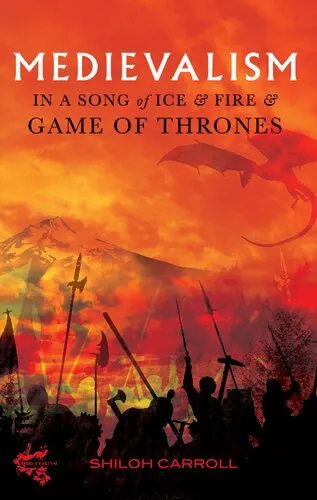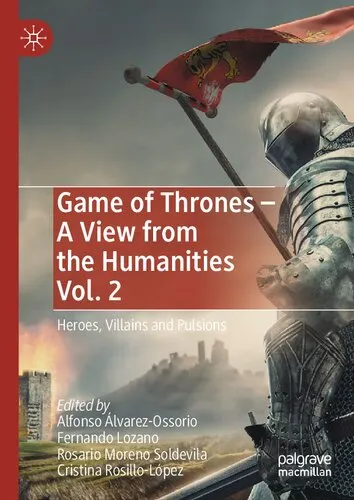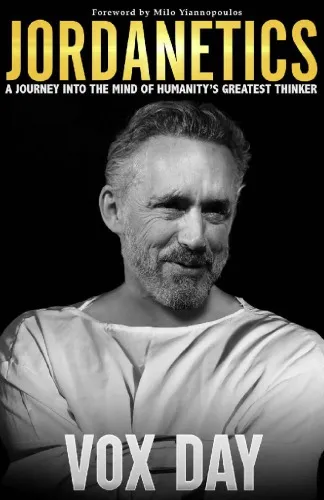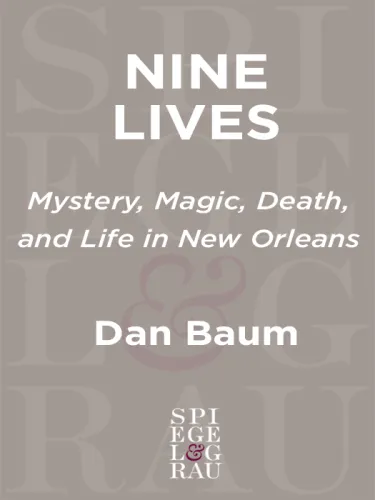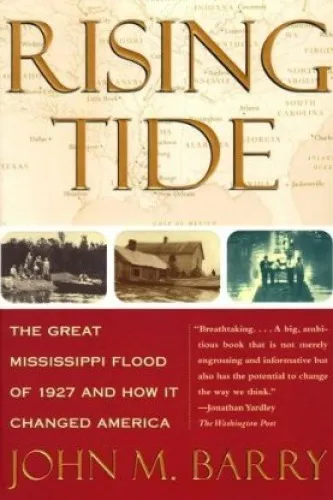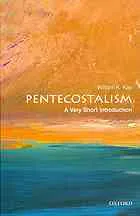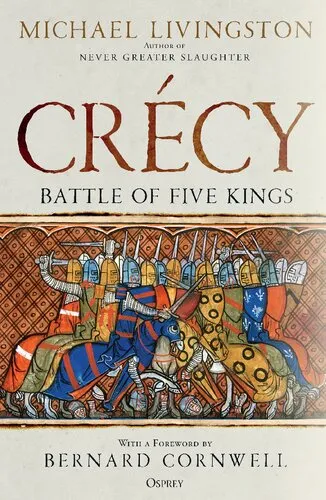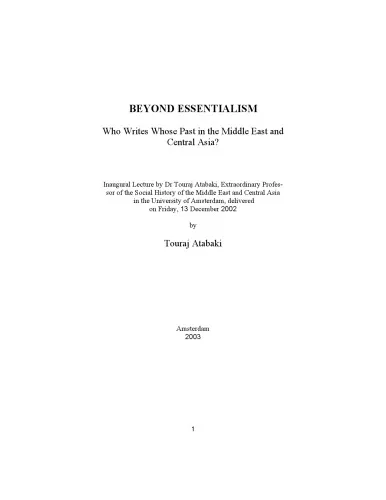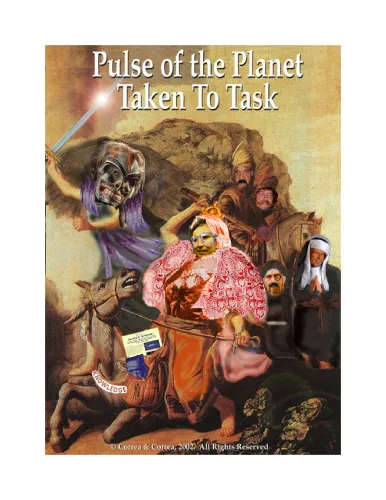History Compass
4.5
Reviews from our users

You Can Ask your questions from this book's AI after Login
Each download or ask from book AI costs 2 points. To earn more free points, please visit the Points Guide Page and complete some valuable actions.Related Refrences:
Analytical Summary
The work History Compasspp.677—688 presents a dense and thought-provoking exploration of critical historiographical debates, merging scholarly precision with accessible interpretation. Situated within the respected framework of the History Compass journal, this section of the publication engages directly with the nuances of historical inquiry, encouraging readers to challenge assumptions and reconsider prevailing narratives.
The text delves into methodological frameworks that shape the way history is written, interpreted, and taught. The author, Patrick Neilson, illuminates the complex interplay between archival evidence, interpretive frameworks, and the cultural contexts that influence historical production. Without imposing a single interpretive agenda, the book segment encourages readers to weigh diverse perspectives, thereby strengthening their own analytical competencies.
Information about the precise publication year of this particular section is unavailable, due to the absence of verifiable public records specifying the individual page span’s release date separate from the broader journal issue. What is evident, however, is that History Compasspp.677—688 remains a valued resource for both emerging scholars and established academics committed to methodological rigor.
Key Takeaways
Readers will find that this segment of History Compasspp.677—688 distills complex theories into manageable insights while never compromising depth or nuance.
It underscores the value of historiographical analysis as more than an academic exercise—it is a vital means of interrogating the narratives that shape our understanding of the past.
A recurring theme is the tension between objectivity and interpretation. The discussion challenges the myth of a wholly impartial historian, revealing how even the most disciplined research is shaped by perspective.
The integration of cross-disciplinary perspectives—particularly from sociology and anthropology—demonstrates the fertile exchange that can enhance historical discourse.
Most importantly, the work advocates for continuous reflection on the ethical dimensions of historical scholarship, urging practitioners to remain vigilant about their influence on public memory.
Memorable Quotes
“History is as much about the questions we ask as the answers we find.” Unknown
“The archive speaks, but never in a single voice.” Patrick Neilson
“To understand the past is to understand the lenses through which it has been seen.” Unknown
Why This Book Matters
In an age of contested truths and rapidly shifting historical narratives, the insights offered in History Compasspp.677—688 are more relevant than ever.
For academics, it provides methodological tools necessary to dissect layered historical arguments. For students, it serves as a gateway into the disciplined yet interpretive world of historiography. And for professionals beyond the academy, it illuminates how historical narratives shape, and are shaped by, public discourse.
The secondary themes of historiographical analysis and academic historical discourse are employed not as abstract concepts, but as working instruments within the text. The section’s commitment to clarity without oversimplification makes it a valued reference in seminars, research projects, and interdisciplinary collaborations.
Inspiring Conclusion
History Compasspp.677—688 stands as a reminder that historical understanding is neither static nor monolithic—it is a dialogue across time, disciplines, and cultures.
Readers who engage with this work are not merely absorbing facts; they are participating in an ongoing intellectual tradition. The combination of analytical rigor, thematic clarity, and ethical reflection ensures that its lessons extend far beyond the immediate subject matter.
I invite you to read, share, and discuss History Compasspp.677—688 with peers, students, and colleagues. Doing so not only deepens your engagement with historical scholarship but also enriches the collective conversation about how—and why—we interpret the past.
Free Direct Download
You Can Download this book after Login
Accessing books through legal platforms and public libraries not only supports the rights of authors and publishers but also contributes to the sustainability of reading culture. Before downloading, please take a moment to consider these options.
Find this book on other platforms:
WorldCat helps you find books in libraries worldwide.
See ratings, reviews, and discussions on Goodreads.
Find and buy rare or used books on AbeBooks.
1104
بازدید4.5
امتیاز0
نظر98%
رضایتReviews:
4.5
Based on 0 users review
Questions & Answers
Ask questions about this book or help others by answering
No questions yet. Be the first to ask!

